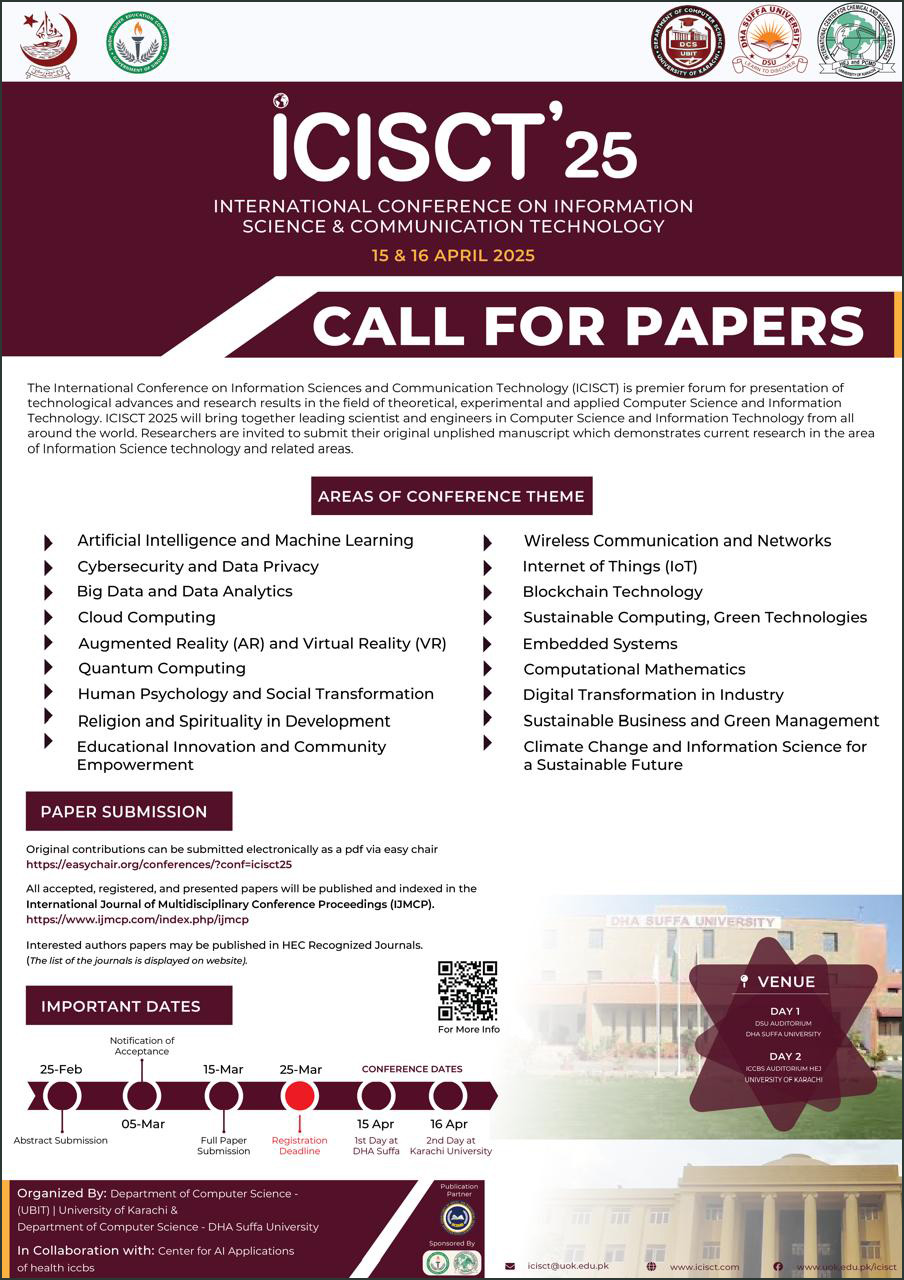The Impact of Emotional Intelligence and Stress Management on Students' Academic Performance Through Self-Efficacy
Keywords:
Emotional Intelligence, Stress Management, Academic Performance, Self-Efficacy, Student SuccessAbstract
The purpose of this research is to examine the role of emotional intelligence in enhancing students' academic performance. Additionally, the study investigates the impact of stress management on academic achievement. Furthermore, it explores the mediating role of self-efficacy between emotional intelligence, stress management, and academic performance. A quantitative research design was employed, following a positivist philosophy and a deductive research approach. The population for this study consisted of students enrolled at Thal University Bhakkar, with a total population of 6,000 students. A sample size of 300 students was selected using a simple random sampling technique. Data were collected through structured survey questionnaires, and the analysis was carried out using SPSS and SMART PLS SEM software. The findings of the study reveal a significant positive relationship between emotional intelligence and students' academic performance. Similarly, stress management was found to have a substantial impact on academic performance, with students who effectively managed stress achieving better results. Moreover, the results highlight the mediating role of self-efficacy in the relationship between emotional intelligence, stress management, and academic performance.





